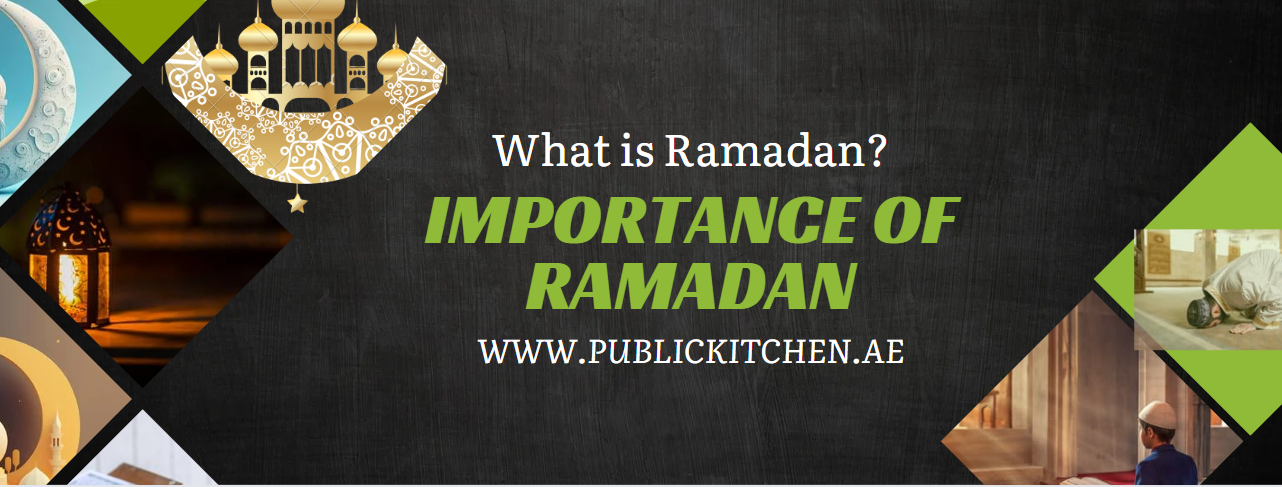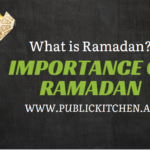
Ramadan is a sacred month observed by Muslims worldwide, symbolizing faith, reflection, and community. As the ninth month of the Islamic calendar, it holds deep spiritual significance, commemorating the Qur’an’s revelation to Prophet Muhammad. Beyond its religious importance, Ramadan shapes daily life, fosters unity, and highlights the values of self-discipline and generosity.
What is Ramadan?
Ramadan is rooted in the Qur’an’s first revelation, believed to have occurred on Laylat al-Qadr, “The Night of Power.” This night, considered more spiritually rewarding than a thousand months, inspires devotion and worship throughout the month.
The Practice of Fasting:
Muslims fast from dawn to sunset during Ramadan, abstaining from food, drink, smoking, and other physical needs. This practice is not merely about deprivation; it:
- Purifies the soul.
- Builds self-control and patience.
- Encourages God-consciousness, deepening the connection with faith.
Why is Ramadan Important?
Ramadan carries profound significance for Muslims as a time for spiritual growth, reflection, and charity.
Spiritual Renewal:
Through fasting and prayer, Muslims focus on their relationship with Allah, seeking forgiveness and spiritual rewards. The Qur’an’s recitation becomes a central act of devotion, with many aiming to complete it over the month.
Acts of Worship and Reflection:
- Suhoor and Iftar: Fasting begins with a pre-dawn meal (Suhoor) and ends at sunset with Iftar, often breaking the fast with dates and water, following the tradition of Prophet Muhammad.
- Tarawih Prayers: Special prayers performed at night unite communities in worship.
- Laylat al-Qadr Observance: Increased prayers and acts of charity during the last ten nights maximize spiritual rewards.
Strengthening Community Bonds:
Ramadan is not just a personal journey; it fosters togetherness. Families and communities share meals, while mosques and public spaces host collective iftars. The month also emphasizes giving back, with heightened contributions to zakat (charity) to support those in need.
Ramadan’s Broader Impact
Daily Life Adjustments:
In Muslim-majority countries, work and school hours are reduced to accommodate fasting. Nights come alive with bustling markets and social gatherings, contrasting the quieter, reflective days.
Cultural Celebrations:
Each region celebrates Ramadan uniquely, blending religious practices with cultural traditions. These customs enrich the month’s spirit from special meals like knafeh in the Middle East to seviyan in South Asia.
Conclusion
Ramadan is more than a fasting period; it is a time of spiritual reflection, community engagement, and acts of kindness. Its importance lies in fostering self-discipline, renewing faith, and building connections with others, making it a cornerstone of Muslim life and identity.
The conclusion of Ramadan is marked by Eid al-Fitr, a festival celebrating the end of fasting and a month of devotion. Muslims gather for special prayers, share festive meals, and exchange gifts, reflecting gratitude and joy. Acts of charity, such as zakat al-fitr, ensure everyone can partake in the celebrations.
ORDER BULK MEALS FOR RAMADAN TODAY WITH US! CLICK HERE




Comment (1)